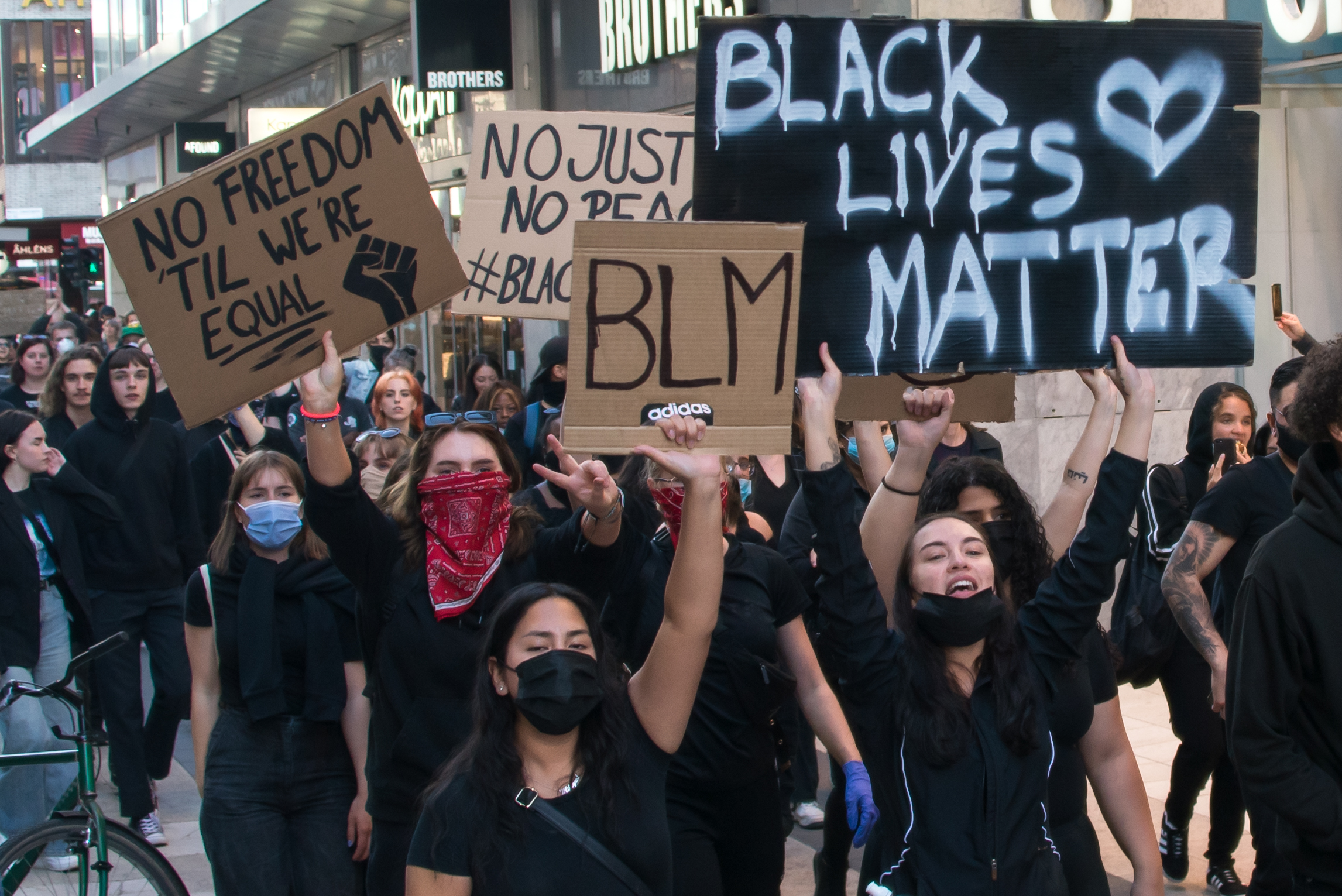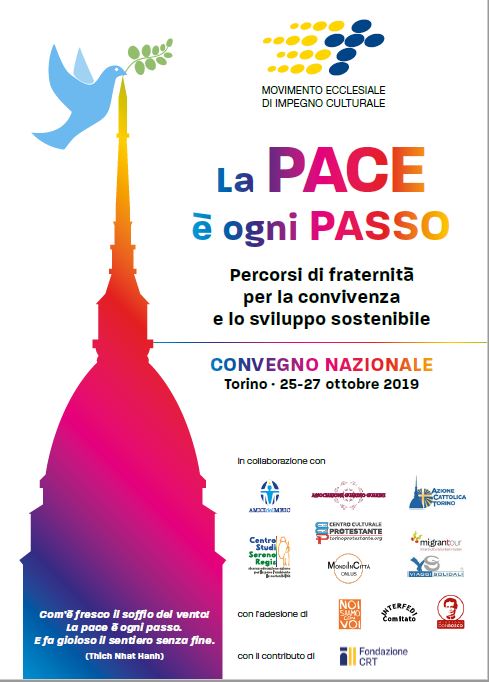Recently we read in the press that over 1000 Muslim scholars and imams of India have issued a fatwa against the leader, fighters and followers of the self-declared Islamic State of Iraq and Syria (ISIS), also known as the Islamic State (ISIS). In the fatwa the religious scholars “strongly condemned the actions of the IS”. They censured ISIS of “guilty of committing heinous murders of innocent human beings, clicking images of their horrific misdeeds and showing them to the world through live videos and Internet posts, and at the same time, wrongly claiming these to be “Islamic Acts done lawfully as per the Shariah (Islamic Law)”. The scholars emphatically stated that the IS or ISIS actions were “absolutely inhuman and added that Islam never permits such unlawful acts under any circumstances” (http://www.aninews.in//newsdetail2/story232476/over-1000-indian-islamic-scholars-issue-world-039-s-biggest-fatwa-against-isis.html).
Most of our readers know what a fatwa means. Let us briefly explain what this word means for those who are not familiar with the word and its meaning. T.P. Hughes in his “Dictionary of Islam” notes that fatwa is a judicial sentence on some issue pronounced by a Mufti (the Muslim officer who expounds the Islamic Law). This judicial sentence is given in response to the one who asks for guidance on an issue that confronts his or her conscience.
These Indian scholars deserve our appreciation for pronouncing their total condemnation for all that ISIS stands for. I spoke to Dr Abdur Rahman Anjaria who took the initiative to get a fatwa from a Mufti and get that certified by thousand plus Muslim religious scholars. He informed me of the ecumenical, if we use a Christian term, dimension of this initiative. Those certified the fatwa come from diverse Muslim schools of thought. Considering the tension between different theological schools among Muslims, such is a welcome step. This ecumenical dimension adds to the weight of the document.
The worst consequence of the extreme form of intolerance practiced by ISIS is the great exodus of thousands and thousands of refugees streaming towards European Union countries. Many nations in EU, especially Germany, have welcomed refugees. It is important to appreciate such humanitarian gesture. The European hosts who receive refugees and give them shelter have shown that anyone who is in need is their neighbor. This welcoming of refuges is real expression of the culture that is rooted in the Gospel; a Christian culture in its beautiful form.
What strike our mind: One, a large number of Muslims began to raise their voices against the atrocities done by fellow Muslims in the name of Islam. They disapprove and condemn inhumanity done in the name of Islam. Often this segment of Muslims either remained silent or condemn atrocities done by extremists in the name of Islam in whispers and not aloud. This is changing. More and more Muslims are speaking out for peace and harmony. Second, the Christian character of Europe shines in the way in which many Europeans attend to the bruised and tired refugees who reach European borders. These efforts of both Christians and Muslims give hope for the future.




Leave A Comment
You must be logged in to post a comment.